With over 14 million disabled individuals in the UK, the importance of railway assistance in the form of staff members on hand, ramps and other accessibility solutions, is imperative to ensure these passengers receive all the help they require for their journey.
At present if assistance is required by a disabled or older passenger this must be booked in advance to ensure staff at the station and on trains are able to provide the help that is needed. This process adds an extra layer of planning to travel which can impact the overall enjoyment of a spontaneous trip.
Launched by SWR the ‘assisted boarding points’ – which will be located on SWR 189 stations – will allow passengers to interact with a QR code which will send details of their journey and assistance required to SWR staff.
Alan Benson, who sits on SWR’s accessibility panel and chairs Transport for All – the only UK disability organisation who exclusively focuses on transport – discusses the new service and how he has been impacted by accessibility rail issues.

How well do you really know your competitors?
Access the most comprehensive Company Profiles on the market, powered by GlobalData. Save hours of research. Gain competitive edge.

Thank you!
Your download email will arrive shortly
Not ready to buy yet? Download a free sample
We are confident about the unique quality of our Company Profiles. However, we want you to make the most beneficial decision for your business, so we offer a free sample that you can download by submitting the below form
By GlobalDataFrankie Youd (FY): Could you tell me about the new assistance scheme and how it works?
Alan Benson (AB): In an ideal world I would roll up to the station in my wheelchair, I’d get on the train, just like everybody else, and get off the other end. The problem of course is railway staff are busy doing other things. Historically the railway companies have always said you need to contact us 24 hours in advance for book assistance, that’s not always been successful.
Train companies one by one have been implementing their own solutions for this. SWR have implemented ‘assisted boarding points’ at un-staffed stations. At these points there’s a poster on the wall with a QR code, and a phone number. The QR code takes you to WhatsApp or you can ring the phone number.
You say I’m at this station, I’m going to wherever you’re going to, tell them the assistance that you need, they will then contact a guard on the next train, warn the guard that you’re there so when they arrive they’ll come and find you and help you on the train.
We’ve gone from two to three hours planning ahead to turning up at the station and it taking 10 or 15 minutes.
When is this scheme going to available? Have you tested it?
It is available now, they’ve been testing it for six months I think. Unfortunately, they came up with the idea just before Covid-19, so when everybody stopped travelling that made the testing a bit difficult. The idea is to give disabled people sight of their booking, if you ring up and book you’ve got no evidence that it’s been booked – with this you have got an acknowledgement and you know what’s going on.
I do have dexterity issues so using a mobile phone is not easiest thing in the world. So, for me it wasn’t the easiest solution, but having said that it’s a lot better than the other alternatives.
Obviously, there’s some issues. If you’re blind or partially sighted and can’t see the poster – it’s no good to you. If you’ve not got a mobile phone, it’s no good to you. If you’re blind or partially sighted because the number on the WhatsApp is the same across the network you could pre-set up your phone before when you’re at home, but that takes a bit of planning.

How have you been impacted by lack of accessibility while travelling?
The thing that enables most people to travel is confidence that the solution will work, it’s really hard to build up confidence, but very easy to destroy. Everybody I know has been left on a train beyond their destination. It’s so common that the railway industry has a name for it: being over carried.
There was one occasion where I had an assistant with me, she got off the train to find me a ramp or some platform staff. The door shut and the train left while she’s still on the platform and I’m on the train. Only one quarter of the stations are accessible to disabled users so I couldn’t get off at the next station and turn around because it’s not accessible. It was another four stations before there was one that I could get off at and turn around.
Do you think the industry should be doing more within this area?
I have been doing this for about 10 years and the resistance that you come up with, particularly in the rail industry, the basic response is: “we can’t do that because we’ve always done it this way.”
The rail industry is particularly inert and resistant to change. There are some people in the industry who are really committed to making change, but the barrier we always come up against is particularly around health and safety.
What we learned during Covid-19 is when push comes to shove the industry can change, and it can change very quickly if it needs to. If enough motivation is there it can change, that gives us as campaigners some hope.
However, the other thing that’s come out of Covid-19 is all of the initiatives, all of the staff training concerning disabled passengers has been put to one side because everybody’s been focusing on Covid. There’s a lot of new members of staff on the railway, they’ve not been able to be trained properly because they can’t do large meetings.
The other thing is that disabled people haven’t been travelling, many of them have been isolating – railway staff have got out of that habit of helping them. What we’re seeing is that the level of service has gone down since the pandemic, the number of stories on Twitter that you’re seeing about people being left on trains, and people not being able to get on trains during the pandemic has increased.
I have been quite disappointed by the assistance kings cross station recently they’re ability to meet disabled people of the train has been quite appalling. Today no one met me or the wheelchair user in the carriage of the train today and no platform staff anywhere to be seen
— Guide dog and blind moments (@dog_moments) July 23, 2021
Where have you noticed change within the industry?
Heathrow Express was step free with level boarding: Paddington to Heathrow the trains were level access I didn’t need assistance to get on one. In an ideal world as a wheelchair user, I would like to be able to just get on and off trains. If there was no gap, if there was no step then I wouldn’t need a ramp.
They’ve just replaced the whole fleet with a new fleet of trains that are not level access, so they have taken a really big step backwards. Whereas I used to just turn up and roll on then roll off, now I need assistance, now I need a ramp. This is an example where things are getting worse.
On the positive side you look at Greater Anglia, they’ve just bought new trains that have ramps built into them. I turn up and wheel on and off, they are much safer in terms of platform to train interface. Mersey Rail are just about to introduce a new fleet of trains, they are also level access. What they’ve done is they’ve altered all the platforms across the network, so that now you don’t need a ramp at any of their stations.
There are shining examples of good practice, but mixed in with them are some dreadful examples of taking steps backwards.
What would you like the future to hold?
The rail industry has been training platform staff, training the passenger facing staff in disability equality for the last 10 years. Most of that training hasn’t been delivered by disabled people. I strongly believe that if you’re going to train about disability equality then disabled people ought to be doing it.
I would like to see the rail industry train the back-office staff, the project managers, the senior managers, the directors, and get them out on the network with disabled people to see what their journeys are like. This is something that Transport for All has been doing with London Underground. The interesting thing is, they come away from that training realising that with the decisions that they make every day it’s within their power to make a difference.
I think with all the government initiatives, the National Disability Strategy, all of these things are great – but until the senior managers understand the impact that they can have, that’s what’s going to make the difference. We need accessibility to be considered in the same way that health and safety is. Health and safety is at the heart of every decision – if you put accessibility up there as well that’s how we will get significant change.

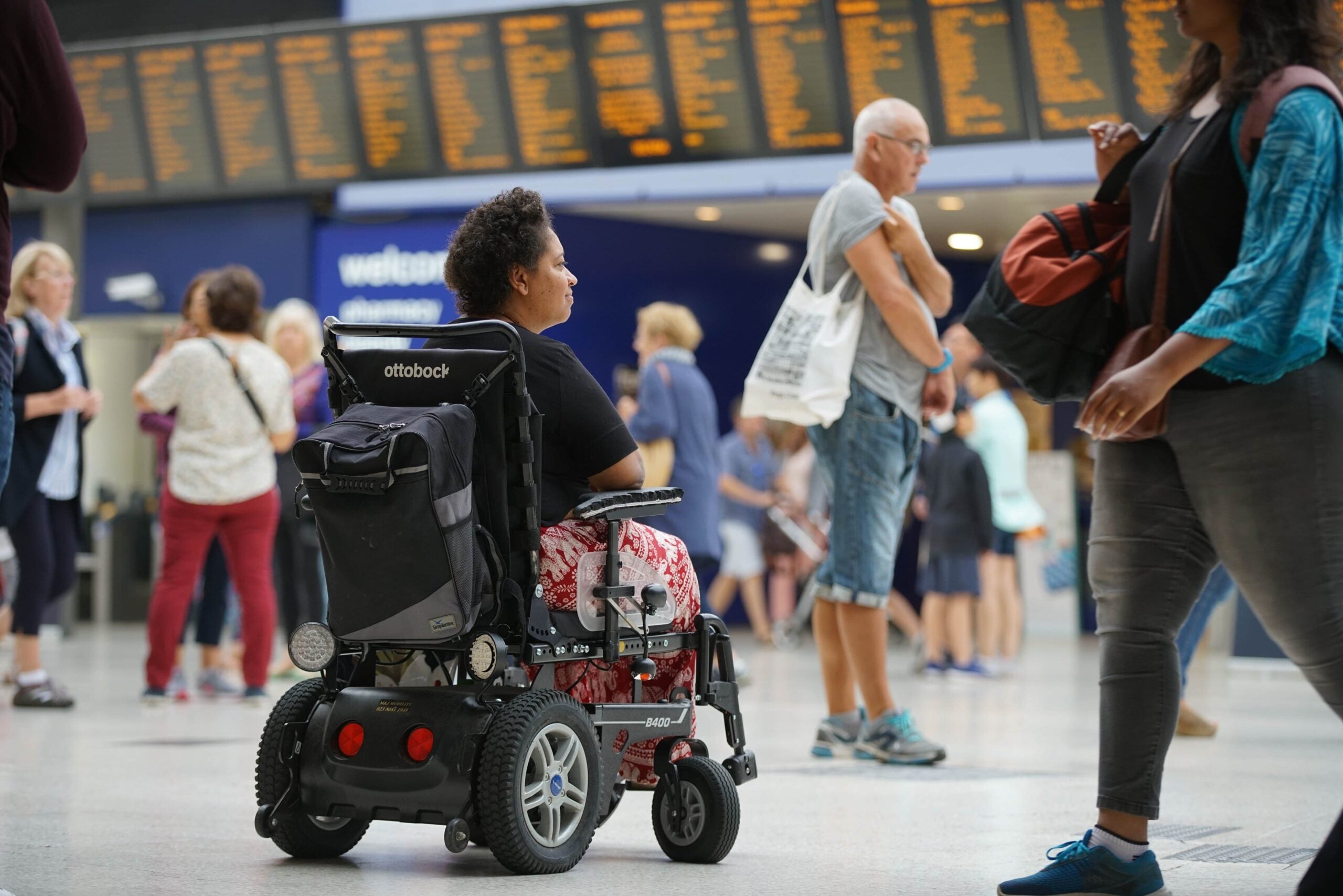


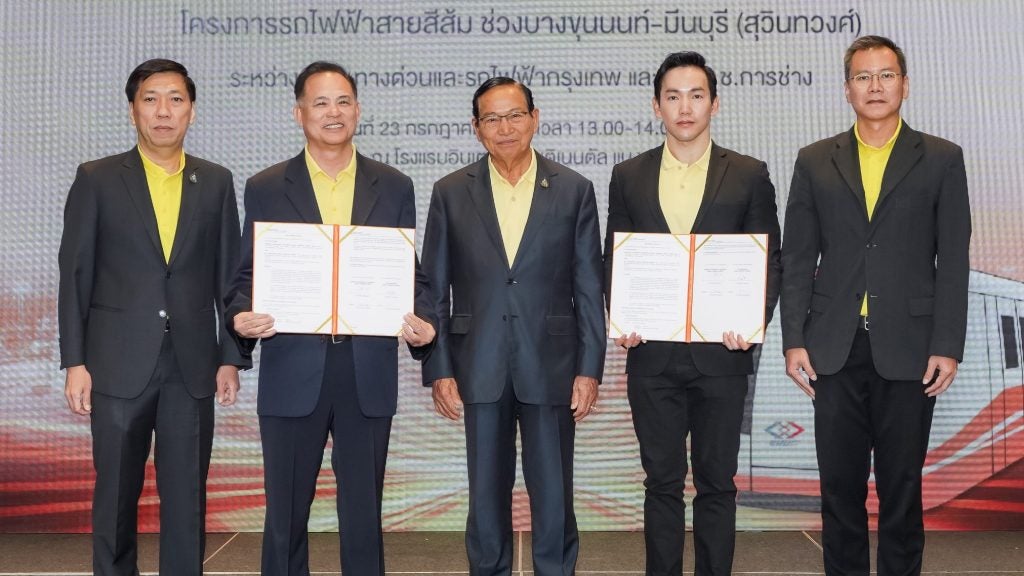
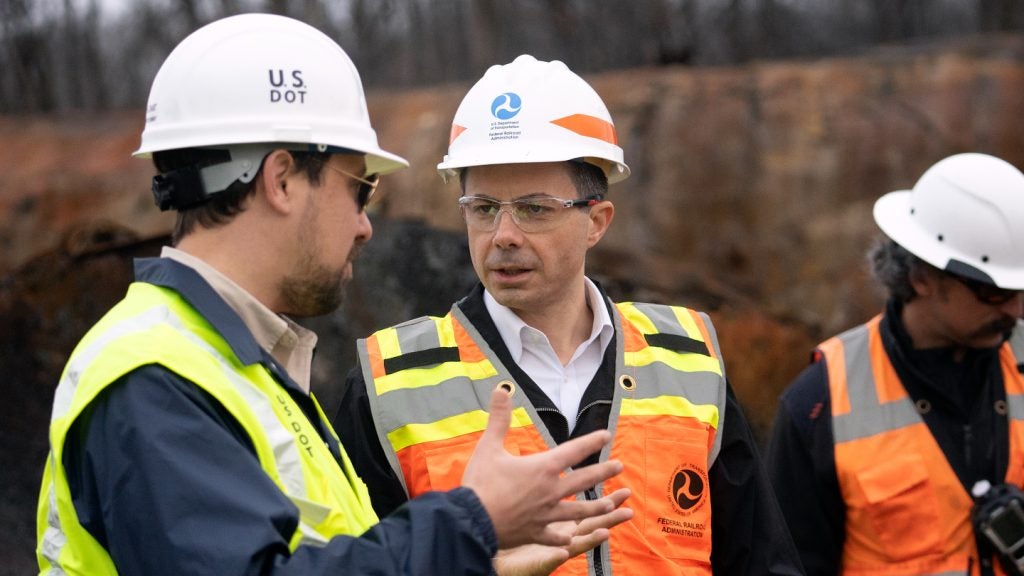
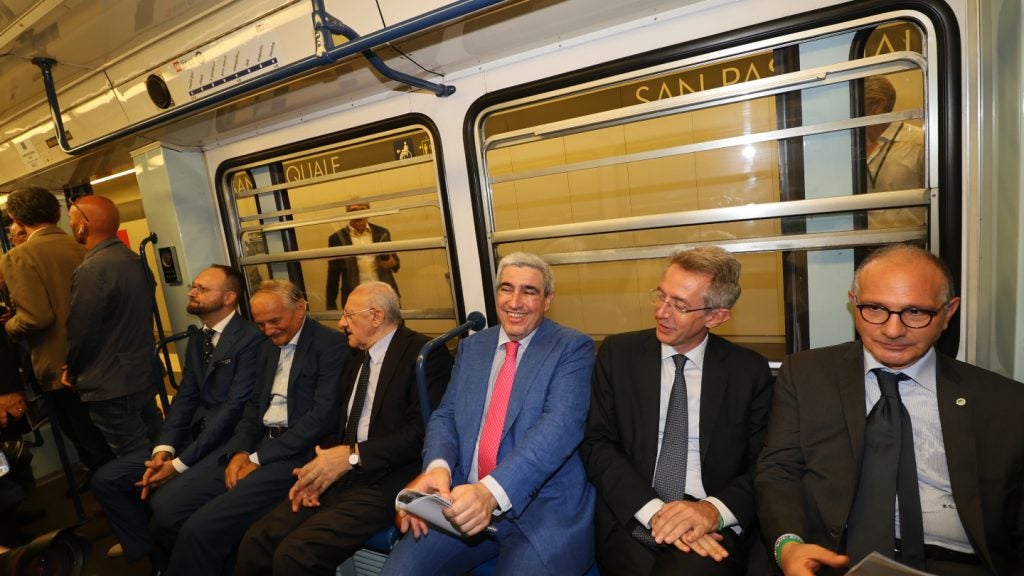
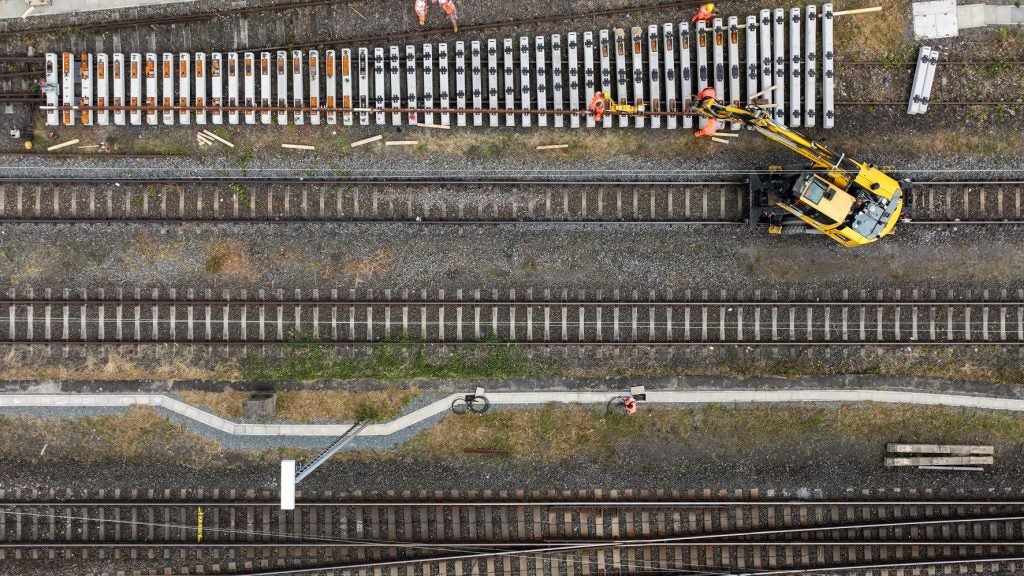

Related Company Profiles
Heathrow Express
SWR, INC.
Merseyrail